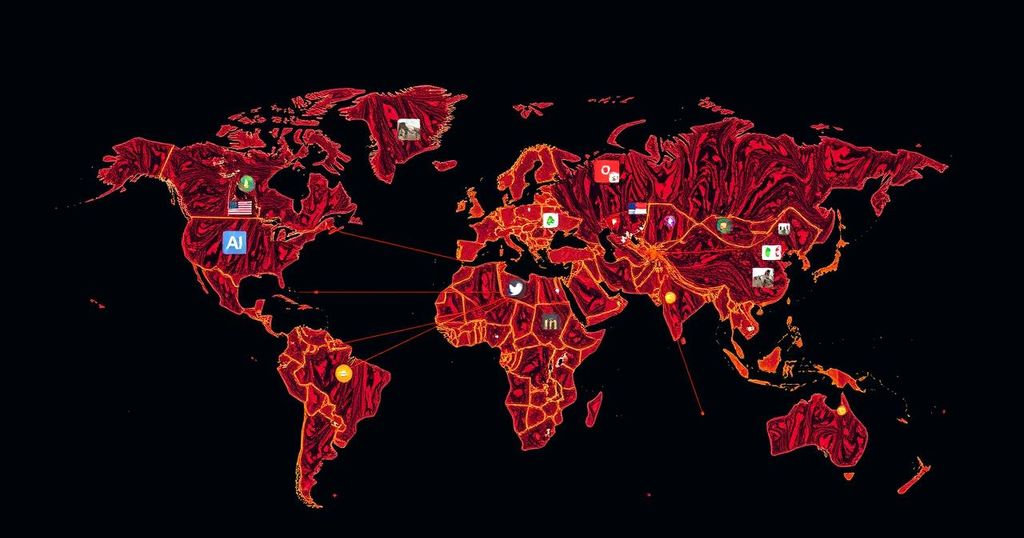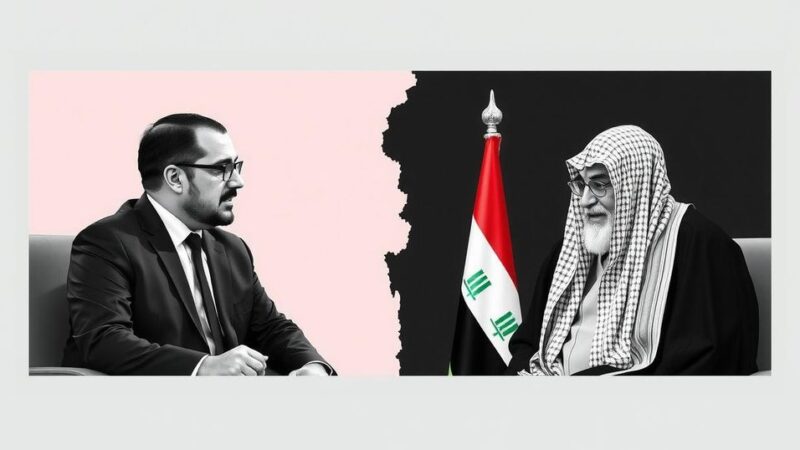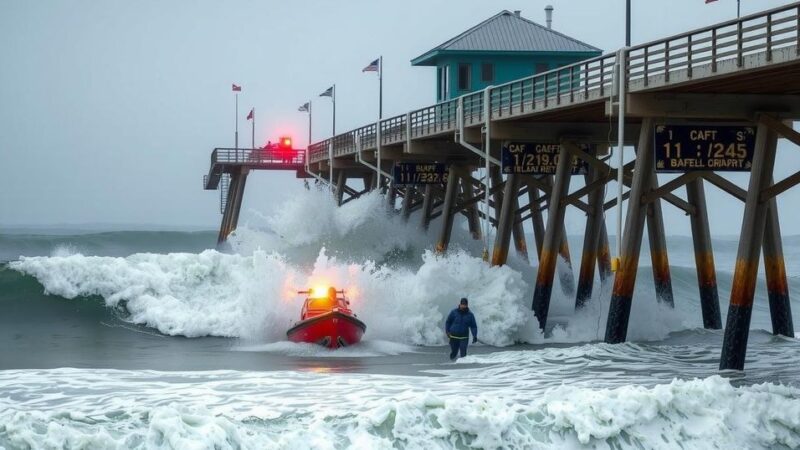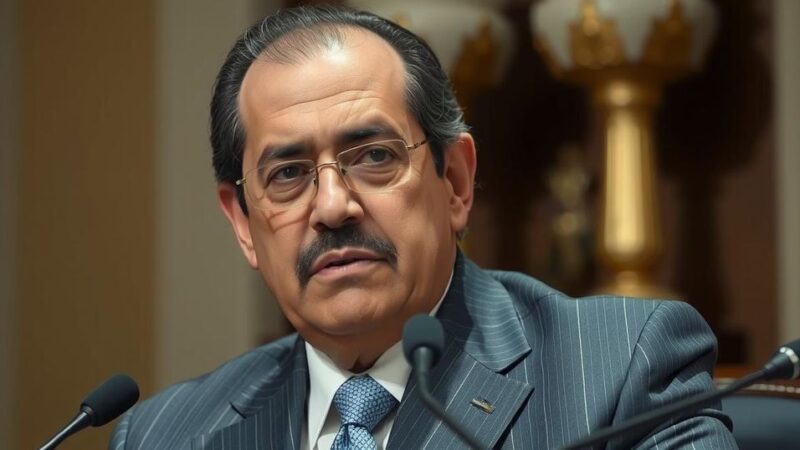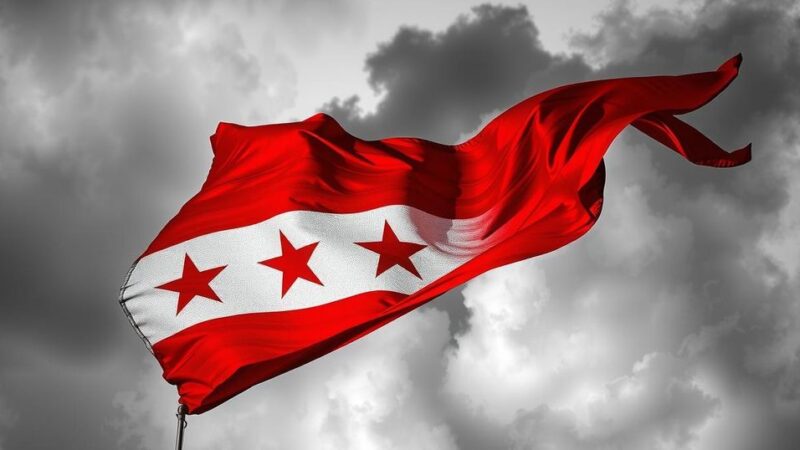Russia, China, and Cuba are accused of spreading misinformation about U.S. hurricane relief efforts post-Hurricanes Helene and Milton, according to a U.S. official. This includes false claims about fund allocation and the use of AI-generated images. The Biden administration has acknowledged the issue and is enhancing its strategy to counteract misleading narratives, while concerns grow over the implications of such disinformation on safety and trust in government.
Recent reports indicate that operatives from Russia, China, and Cuba have actively disseminated misinformation regarding the United States’ hurricane response efforts following the devastation caused by Hurricanes Helene and Milton. A United States official, citing intelligence assessments, disclosed that a social media account linked to China utilized an artificial intelligence-generated image of Vice President Kamala Harris inspecting flood damage. This was accompanied by a deceptive claim suggesting that aid had been redirected from the American public to support foreign nations such as Ukraine, Israel, and Taiwan. Within the same context, a Russian state-sponsored news agency circulated another AI-crafted image on Telegram, depicting a completely flooded Disney World. Moreover, Russian agents have propagated a variety of misleading narratives concerning emergency relief, including assertions suggesting the U.S. government is withholding aid from citizens in distress. Concurrently, Cuba has intensified campaigns portraying U.S. support for Israel and Ukraine as having diverted vital resources from aiding American disaster victims. This disinformation mirrors themes propagated by both China and Russia, as noted by the U.S. official. The official statements clarify that the United States government is increasingly aware of the adverse impact of foreign disinformation tactics. While a significant portion of misinformation regarding the disaster response is also attributed to American sources, including high-profile individuals like Elon Musk, the covert actions of foreign governments amplify these misleading narratives, potentially escalating societal tensions and inciting violence, as evidenced by the recent arrest of a North Carolina man for allegedly threatening Federal Emergency Management Agency (FEMA) personnel. The desire to mitigate the spread of falsehoods became increasingly pressing for President Joe Biden, who requested a comprehensive memorandum from his team focused on improving the federal government’s strategy in addressing misinformation and enhancing the visibility of factual updates across social media platforms. While the intelligence review currently lacks any mention of Iranian activities, U.S. officials remain vigilant regarding efforts by foreign powers—including Iran—to sow discord among the American populace, particularly as the presidential elections approach.
The spread of misinformation during crises—particularly natural disasters—poses significant risks not only to public trust but also to the efficacy of disaster response measures. With the occurrence of the recent hurricanes, misinformation narratives have emerged that cast doubt on government benevolence and resource allocation. The involvement of foreign operatives from nations such as Russia, China, and Cuba demonstrates a strategic exploitation of existing social tensions, using advanced technology and social media platforms to disseminate fabricated images and stories. The increasing intersection of technological advancements and information warfare is a growing concern for national security and public safety, prompting necessary governmental responses and public awareness campaigns against disinformation.
In conclusion, the involvement of foreign operatives in spreading disinformation regarding U.S. hurricane response efforts illustrates a coordinated strategy aimed at undermining trust in governmental operations during critical times. The narratives promoted by these entities not only misinform the public but also threaten to exacerbate social tensions and incite potential violence. The U.S. government’s proactive approach to countering these narratives highlights the necessity for vigilance as misinformation continues to proliferate, especially in relation to sensitive events such as national elections.
Original Source: www.cnn.com

